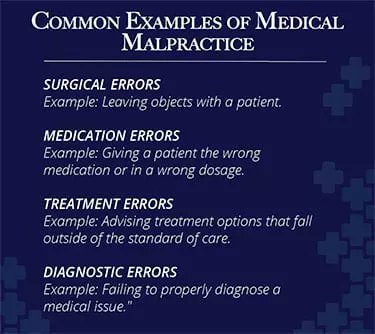1-#ChronicPain patients knew that the opioid 'guideline' re: prescribing practices was not law.
But as intended, PROP's 'guideline' shaped the Standard of Care re: #opioid prescribing practices so it might as well have been law.
Why?
Tort law.
Let's try and break it down.
But as intended, PROP's 'guideline' shaped the Standard of Care re: #opioid prescribing practices so it might as well have been law.
Why?
Tort law.
Let's try and break it down.

2-Once PROP's ‘opioid guideline’ was published through CDC, prescribing practices started to formally change nationally and altered how doctors were to treat pain; altering the Standard of Care. This was crafted around an ‘opioids are dangerous drugs' narrative.
#ChronicPain
#ChronicPain

3-The recommendations to instate a maximum morphine milligram equivalent altered things further in the practice of treating pain. It changed pain treatment recommendations for acute pain, post surgical pain control, and most of all, the way #ChronicPain was treated. 

4-As stated above, the opioid prescribing guideline was NOT law per se; but after the Standard of Care changed, MDs/medical facilities knew that if they deviated from standards crafted around the 'guideline' they could be held legally liable in negligence/malpractice litigation. 

5-All of this, PROP's CDC ' opioid guideline' & changes in the treatment of pain were based on the assertion that drug deaths were being driven by prescribed opioid medicines and blanket 'over prescribing' practices, as well as an evil Big Pharma agenda.
#ChronicPain
#ChronicPain

6-But the data was flawed & deaths being attributed to RX medication were being conflated when it was primarily illegal street drugs and polypharmacy causing increased drug deaths.
Street Fentanyl was involved as early as 2013 & CDC knew it.
#ChronicPain link.springer.com/article/10.100…
Street Fentanyl was involved as early as 2013 & CDC knew it.
#ChronicPain link.springer.com/article/10.100…
7-But I digress.
Bottom line-MDs are living in fear of prescribing opioids now and not without good cause.
Between possible civil litigation if they deviate from the standard of care re: opioids and DEA intrusion if they DARE practice pateint centered care, they instead opt out.
Bottom line-MDs are living in fear of prescribing opioids now and not without good cause.
Between possible civil litigation if they deviate from the standard of care re: opioids and DEA intrusion if they DARE practice pateint centered care, they instead opt out.

8-The nightmare that #ChronicPain patients in particular are facing has been based on theories, false premises, and conflated data-
People are suffering & dying due to fallout from CDC's guideline.
People are suffering & dying due to fallout from CDC's guideline.
9-CDC's 'opioid guideline' should be renounced & rescinded immediately.
Sanity returned re: treating pain w/opioids.
MDs must regain prescribing autonomy while law enforcement's taken out of the exam room altogether and drug policies changed.
IF saving lives is the goal.🧐
Sanity returned re: treating pain w/opioids.
MDs must regain prescribing autonomy while law enforcement's taken out of the exam room altogether and drug policies changed.
IF saving lives is the goal.🧐

10-This thread is very condensed explanation of what was a convoluted process, touching on what should be an involved & nuanced discussion nationally.
But it does highlight some of the more important aspects of how we got here and touches on why things must change.
#ChronicPain
But it does highlight some of the more important aspects of how we got here and touches on why things must change.
#ChronicPain
• • •
Missing some Tweet in this thread? You can try to
force a refresh






